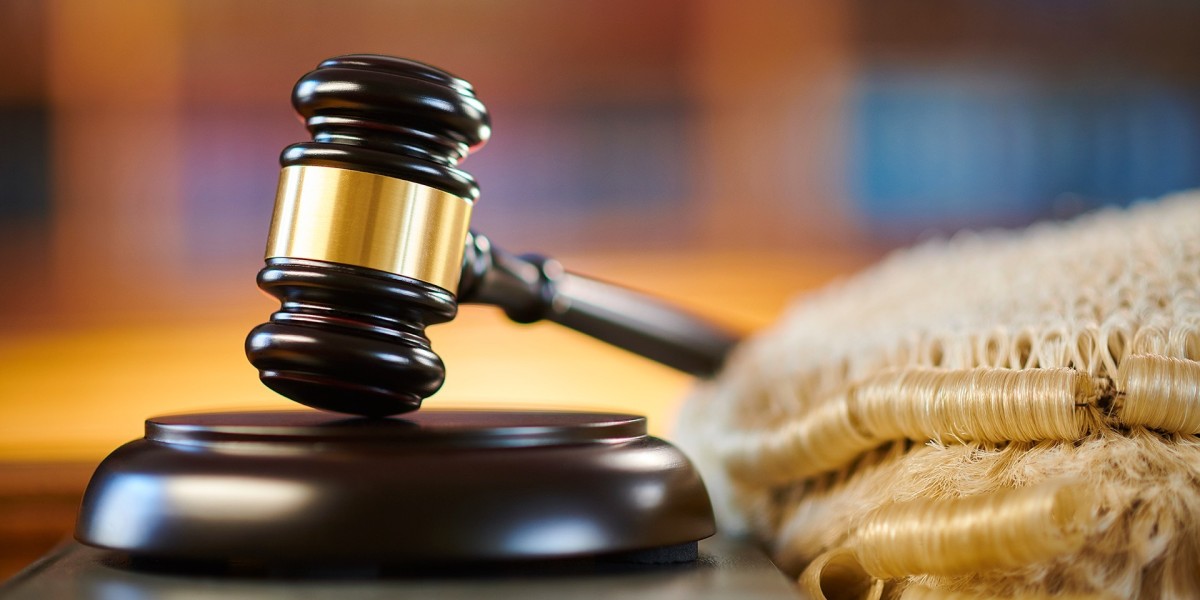In the complex landscape of the criminal justice system, the concept of post-conviction relief holds a critical place. It serves as a vital legal mechanism for individuals who believe they have been wrongfully convicted or unjustly sentenced. In post conviction relief florida offers a pathway to challenge and rectify errors that may have occurred during the trial or sentencing process. This article explores the various aspects of post-conviction relief in Florida, its importance, and how it operates to ensure justice is served.
What is Post-Conviction Relief?
Post-conviction relief refers to the legal processes available to a convicted person after their trial and direct appeals have been exhausted. This form of relief can address a wide range of issues, such as legal errors made during the trial, newly discovered evidence, ineffective assistance of counsel, prosecutorial misconduct, and violations of constitutional rights. Post-conviction relief is crucial for ensuring that justice prevails even after a conviction has been handed down.
Types of Post-Conviction Relief in Florida
In Florida, several forms of post-conviction relief are available to convicted individuals. Some of the most common types include:
1. Motion for Post-Conviction Relief (Rule 3.850): This motion allows a convicted person to challenge their conviction or sentence based on specific grounds, such as ineffective assistance of counsel, newly discovered evidence, or any violation of constitutional rights. The motion must be filed within two years of the final judgment or sentence.
2. Motion to Correct Illegal Sentence (Rule 3.800): This motion can be used to address errors in the sentencing process. It can be filed at any time if the sentence imposed exceeds the legal limits set by law.
3. Habeas Corpus Petitions: A habeas corpus petition can be filed in federal court to challenge the legality of a person's detention. This type of relief is generally pursued after exhausting state remedies.
4. Motion for New Trial (Rule 3.600): This motion can be filed if there is evidence of juror misconduct, newly discovered evidence, or other significant issues that could have affected the trial's outcome.
The Process of Seeking Post-Conviction Relief
The process of seeking post-conviction relief in Florida involves several steps:
1. Filing the Motion: The convicted individual, often with the help of a post-conviction attorney, files a motion detailing the grounds for relief. The motion must include specific facts and legal arguments supporting the claim.
2. Response from the State: The prosecution has an opportunity to respond to the motion, often arguing against the claims made by the petitioner.
3. Evidentiary Hearing: In some cases, the court may hold an evidentiary hearing where both sides present evidence and witnesses. The judge will evaluate the evidence and arguments to determine if relief is warranted.
4. Court's Decision: After reviewing the motion, response, and any evidence presented, the court will issue a decision. If the court grants the motion, it can order a new trial, modify the sentence, or take other appropriate actions.
Importance of Post-Conviction Relief
Post-conviction relief is vital for several reasons:
1. Correcting Wrongful Convictions: It provides a mechanism for addressing wrongful convictions by allowing new evidence to be presented and legal errors to be rectified. This is crucial for ensuring that innocent individuals are not unjustly punished.
2. Ensuring Fair Trials: Post-conviction relief helps maintain the integrity of the judicial process by addressing violations of constitutional rights and procedural errors that occurred during the trial.
3. Upholding Justice: By providing an avenue for reviewing and correcting mistakes, post-conviction relief helps ensure that justice is served. It reinforces the principle that the legal system must be fair and just.
4. Legal Accountability: It holds attorneys, prosecutors, and judges accountable for their actions and decisions during the trial, ensuring that legal standards and ethical practices are upheld.
Conclusion
Post-conviction relief in Florida plays a critical role in the criminal justice system, offering a necessary pathway for addressing and correcting errors that can lead to wrongful convictions or unjust sentences. Through various legal mechanisms, post-conviction relief ensures that the principles of fairness, justice, and accountability are upheld. For individuals seeking to challenge their convictions or sentences, understanding and utilizing post-conviction relief can be a crucial step in the pursuit of justice.













